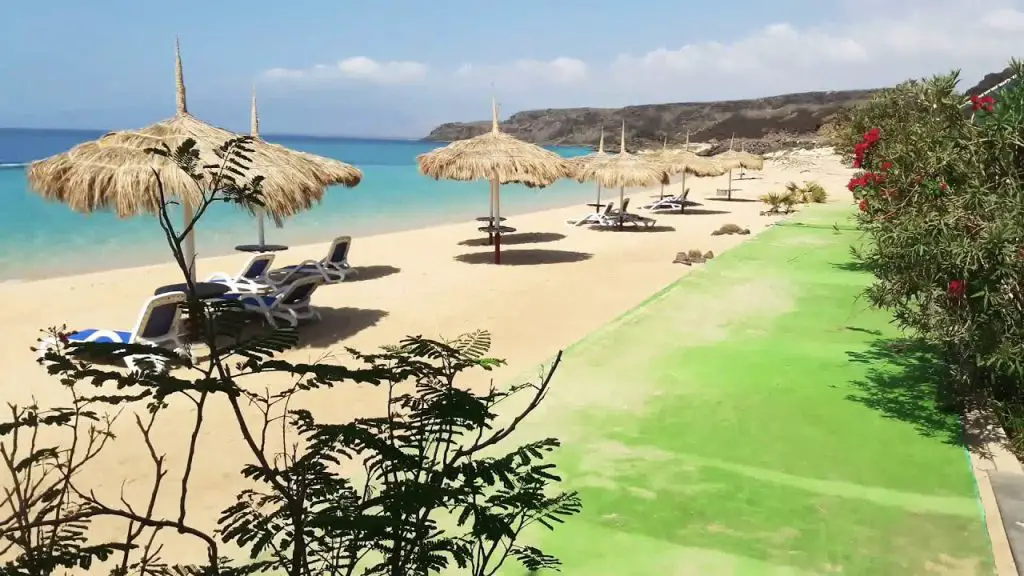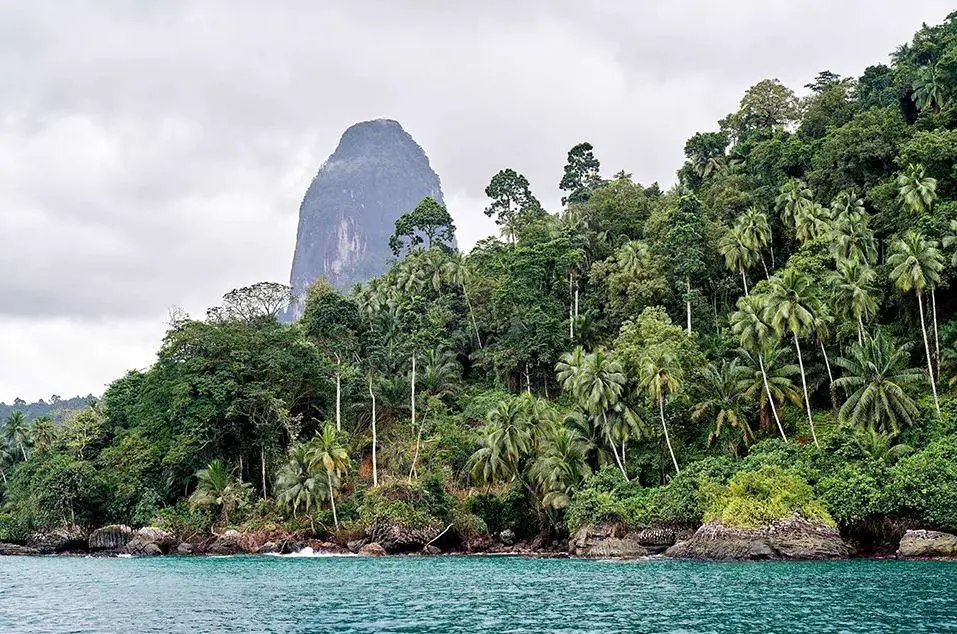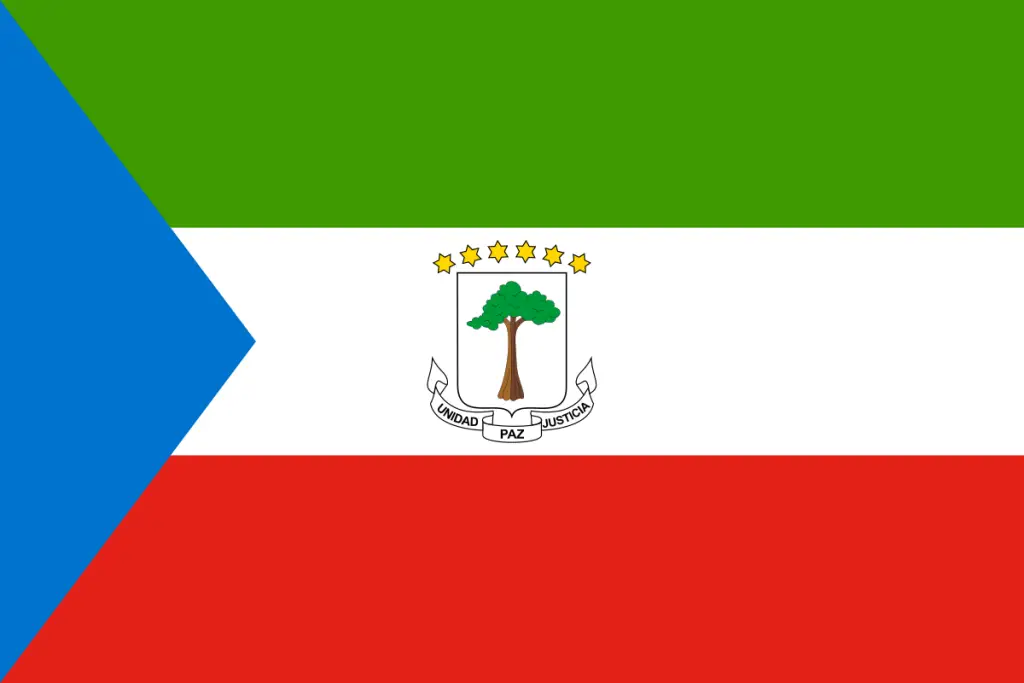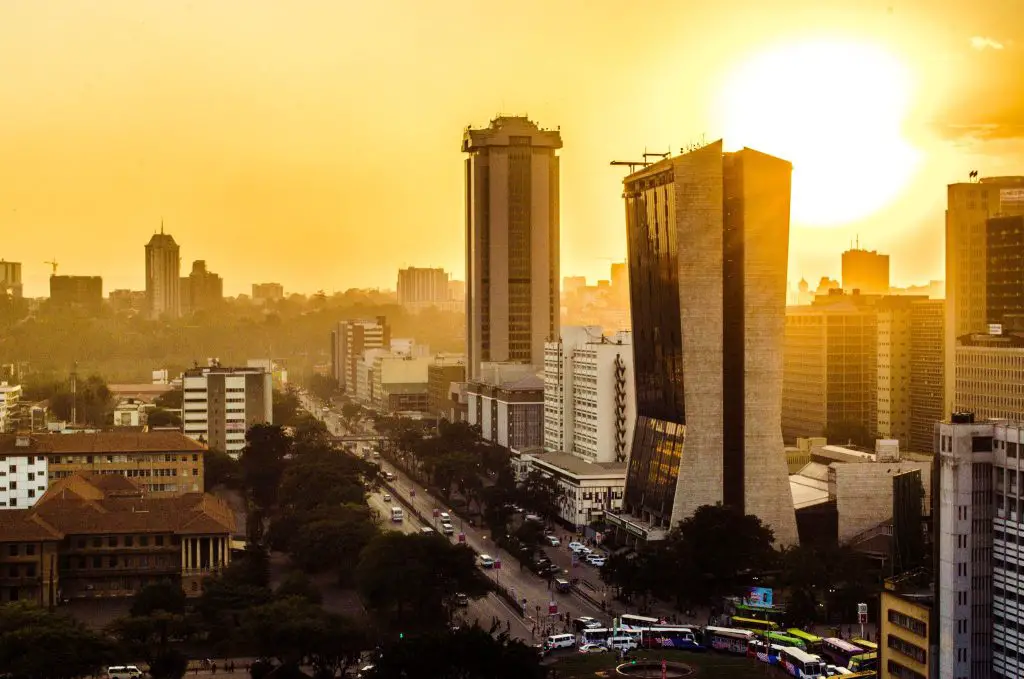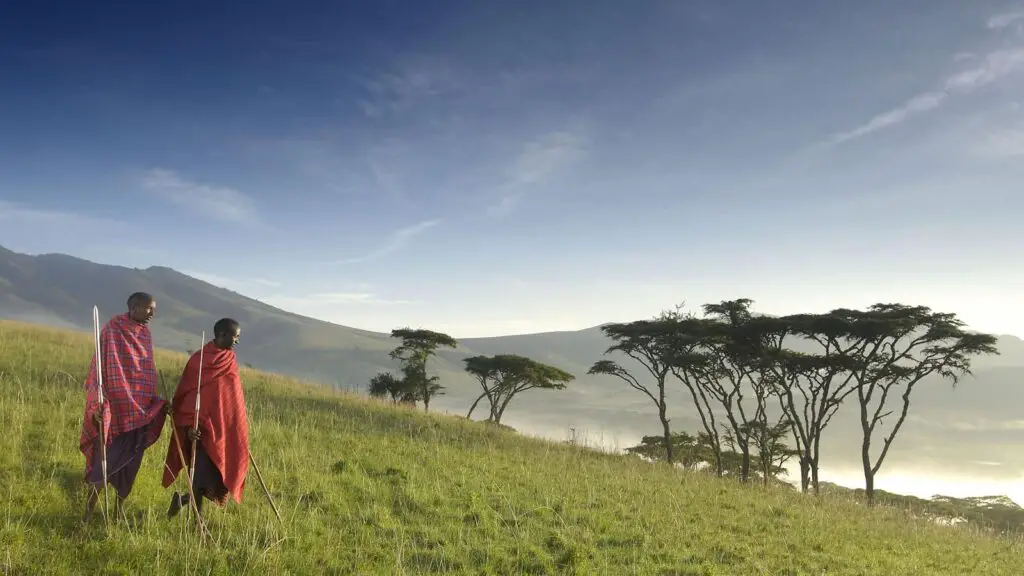- Agribusiness could drive Africa’s economic prosperity
- Dawood Al Shezawi: Why AIM Congress 2024 is the epicenter of global economic and cultural dialogues
- d.light’s 600,000 cookstoves project verified as top source of quality carbon credits
- Artificial intelligence (AI) could create a turning point for financial inclusion in Africa
- AIM Congress 2024: Catalysing global investments with awards
- Kenya’s economic resurgence in 2024
- The most stressful cities to live in 2024 exposed
- Tech ventures can now apply for the Africa Tech Summit London Investment Showcase
Browsing: Tourism
In a notice on Sunday, the Zambia Tourism Authority (ZTA) announced that there would be no VISA requirements for the United Kingdom, United States of America, Canada, Norway, Australia, China, South Korea, Gulf Estates and the European Union. This is with effect from October 1, 2022.
The Zambia Tourism Agency (formerly Zambia Tourism Board) was established in 2015 to market and promote Zambia as a travel destination of choice and to regulate the tourism industry.
Zambia is home to the world-famous Victoria Falls, vast wildlife resources, varied scenery, wilderness, diverse culture and national heritage, adventure activities and more.
The developments come on the back of the country’s approval of its Tourism Master Plan 2018 to 2038, a 20-year practical development strategy to enhance the economic contribution of the tourism sector to the southern African nation’s economy.…
Economic diversification beyond commerce, as defined in the Djibouti Vision 2035 plan, the government’s national development program released in 2014, would depend primarily on the country’s capacity to sustainably enhance its tourism offerings.
While President Ismael Omar Guelleh’s administration has succeeded in increasing infrastructure investment, which is critical to fostering tourism, the nation still has a long way to go in enhancing international connectivity and domestic accessibility to become a top tourist destination.…
The World Bank estimated the value added in Gabon’s agriculture, forestry, and fishing sectors to be 6.404 per cent of GDP in 2020, a good sign to invest in Gabon.
Gabon imports the bulk of its cereal requirements through commercial channels, with cereal imports accounting for approximately 90 per cent of the total cereal utilization. Imports of cereals in 2021 were estimated at a slightly below-average level of 171,000 tons, including about 110,000 tons of wheat and 55,000 tons of rice.
Gabon is facing escalating agricultural food prices, especially wheat since the war in Ukraine began in February 2022. To keep domestic wheat prices below 25,000 CFA, the government formally budgeted a subsidy of 4,700 CFA (US$7.55) per 50-kg bag to the country’s wheat importers, led by France’s Société Meunière et Avicole du Gabon company.…
Economically the World Bank categorizes São Tomé and Príncipe as a lower middle-income state with what it calls a fragile economy.
This is not a mischaracterization as the country relies heavily on the tourism sector, making it much more susceptible to external and exogenous shocks. This assertion is confirmed by the African Development Bank, which reported in its economic outlook on São Tomé and Príncipe that the country’s economy shrank by an estimated 6.4% in 2020 after growing by 2.2% in 2018 and 1.3% in 2019.
Will Ghana’s stance on value addition resonate in Africa?
For the first time in a decade, the contraction in output is attributed to a sharp decline in tourism and service sectors, which were severely hurt by weak external and domestic demand and COVID–19 containment measures.…
Trading economics’ global macro models and experts’ forecasts indicate Equatorial Guinea’s GDP could reach $12.6 billion by the end of 2022. As such, the long-term trend for the GDP of Equatorial Guinea is anticipated to be about $13 billion by 2023.
Historically, the economy of Equatorial Guinea relied on three commodities: cocoa, coffee, and lumber. However, the discovery and exploitation of petroleum and natural gas in the 1980s radically altered the country’s economic character. As a result, more than four-fifths of Equatorial Guinea’s GDP currently derives from petroleum exports. Nevertheless, the majority of people’s level of living has not changed considerably, and farming remains the predominant source of income.
Nevertheless, the Equatoguinean domestic economy is small, with an estimated population of 1.2 million, despite the country’s membership in the Central African Monetary and Economic Union (CEMAC) sub-region, which comprises more than 50 million people. Notably, the region has a central …
According to Frontiers, AI has been recognized to have a wide potential to reduce human workload or increase human capabilities in complex scenarios, but today it is evident that AI also has an important role in transforming our life by promoting more efficient existing services or new services.
AI is already contributing to a large spectrum of applications in Africa’s aviation and air traffic systems, providing support to its managers (airlines/airport managers, air traffic management) and operators (pilots, air traffic controllers, airport operators, flow controllers).
Governments are focusing on contactless travellers’ experience hence there have been innovations in biometric authentication at airports. For instance, Kenya ruled out paper verification of COVID-19 test results and vaccination certificates upon arrival, sparking local airlines’ adoption of electronic verification processes.…
East Africa’s economy is booming, with yearly GDP growth trending upward. The region’s GDP was expected to grow by roughly 5 per cent by 2020. Despite the Covid-19 epidemic, the region increased by 3 per cent in 2021 and is expected to increase to 5 per cent in 2022.…
- The hospitality sector has been challenged to adopt innovative tech-based solutions to grow and survive the adverse impact of Covid-19
- Pesapal Executive Director Agosta Liko said the travel and hospitality sectors should embrace and adopt agile technology as part of their recovery plans
- Sarova Hotel Group Revenue Manager Felix Musa said that the hospitality industry is no exception
The hospitality sector has been challenged to adopt innovative tech-based solutions to grow and survive the adverse impact of Covid-19.
Speaking during a stakeholder engagement session hosted by Pesapal, a payment solutions provider with operations in Kenya and across East Africa, the hospitality industry was challenged to embrace technology as part of their growth plan and shake off the severe consequences of the pandemic.
In his remarks, Pesapal Executive Director Agosta Liko said the travel and hospitality sectors should embrace and adopt agile technology as part of their recovery plans.
Pesapal, he …
- Nearly 3 million signatures have been gathered to rally against Maasai eviction by a web-based movement, Avaaz
- Ngorongoro is one of the most exotic tourism attractions in Tanzania
- Tourism is one of the top foreign currency earners in Tanzania
Tanzania’s Ngorongoro Conservation area is one of the most impactful tourism attractions. It is with no doubt this particular area is one of the reasons Tanzania stands at number four in the global rank of most naturally beautiful countries on the planet, according to the natural beauty report done by Money.
A United Nations Educational Scientific and Cultural Organization (UNESCO) Heritage site and an iconic attraction, Ngorongoro puts Tanzania at a fruitful competitive advantage.
The iconic area, which sits in the Ngorongoro Crater, has managed to co-exist with human settlements executing subsistence farming. The Maasai pastoralists have been residing in the Crater since 1959 after being relocated from their ancestral lands …
- Tanzania’s cement demand is estimated to have clocked 5.9Mt and is growing fast.
- Maweni Limestone Ltd will be China’s first African entity producing cement on the continent instead of importing.
- The newly purchased plant by Huaxin Cement has already been upgraded to a production capacity of 1.6Mt/yr.
If there is a booming industry in Tanzania, it is the cement industry – an industry that has more than doubled in production in under a decade.
As of 2011, Tanzania was producing 2.4Mt annually, a figure that has shot up to 6.5Mt as of 2020.
Compared to the previous year, the production volume of cement grew by 44.5 per cent and is associated with rising construction activity in the country.
Read:
Another marker of how well the industry is doing is the amount of investment the sector is getting annually. Consider the most recent buyout of Maweni Limestone Ltd by China’s Huaxin …






